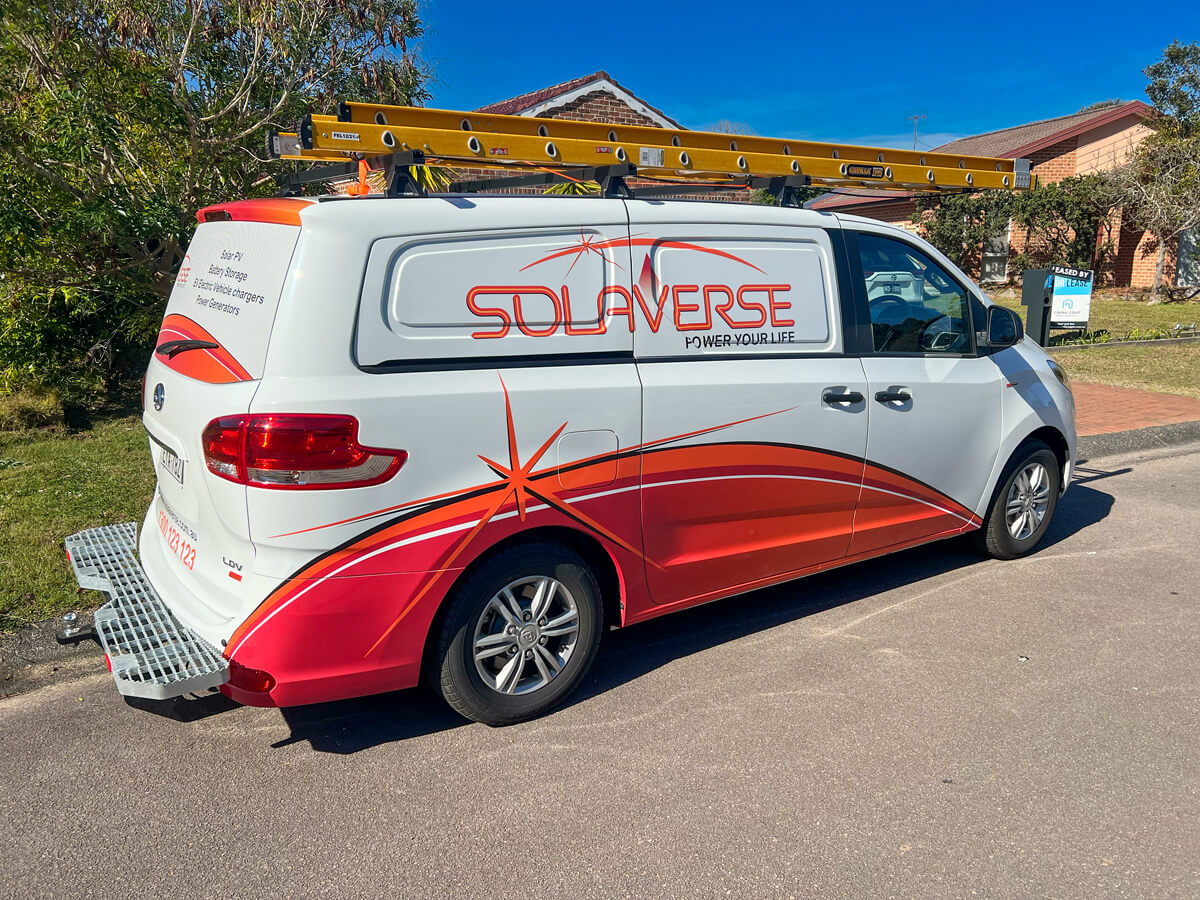If you plan to buy solar panels to avoid rising energy costs and blackouts or switch to renewable energy, you’re not alone. The solar and energy storage market is continuously evolving. It can sometimes feel very overwhelming trying to keep up with the never-ending changes in policy, technology, incentives, and regulations affecting best solar companies in Newcastle.
Today, sustainability, clean energy, and energy costs are on everyone’s minds. Business owners and homeowners alike want to find ways to supply the energy they need cost-effectively and environmentally safely. Solar energy is a solid solution to these concerns. Keep reading to learn about the benefits of solar systems.
How does solar panel installation work?
Solar panel installation requires very careful planning, secure attachment, and proper wiring to ensure the safety of both the equipment outside and the residents inside the home. A very reputable solar panel installation company offers the essential knowledge and experience to install your solar panels correctly, minimizing the risk of damaging your home or creating a very safety issue for your family.
Installation begins with the construction of scaffolding or the supports, often bolted onto the home’s roof or an area of the property with better sun exposure, if necessary. The solar panels are then attached to mounts on the scaffolding. Next, wiring is run from the solar panels to a solar inverter and, optionally, to a solar battery system. Finally, the wiring is run across from the inverter to the consumer unit within the home, and the panels are started and well-tested to ensure everything works as intended.
Types of solar equipment
Each solar setup includes a very few key components you should be familiar with whenever discussing your options with a solar company. A fundamental understanding of the different parts of a solar setup will help you make the best choice for you.
- Solar Panels
Solar panels absorb the sun rays and convert the sun’s energy into an electric current. There are diverse varieties of solar panels to choose from when designing your solar setup:
Monocrystalline panels are the most common solar panel type used in home installations. While they are the most efficient and durable type, they also have the highest price tag.
Polycrystalline panels are less commonly used in the home installations than monocrystalline panels due to very less efficiency. However, some consumers prefer them because they’re less highly expensive.
Thin-film panels are more flexible, lightweight, and very affordable than the others but offer less durability and efficiency. They are used more frequently in mobile setups than in residential installations.
- Cables and Hardware
Solar panels must be very securely attached to whatever surface you would like to place them on. Hardware refers to the supporting structure and mounting equipment attached to the solar panels. The cables connect the panels and finally to the other electrical parts of the system, carrying the electric current created by the solar panels to the rest of the setup so it can be effectively used in your home.
- Power Inverter
An inverter is necessary to convert the electricity the panels create—direct current—into the electricity your home needs—alternating current. The two current types are incompatible, so the inverter is responsible for this essential switch.
- Solar Batteries
Solar batteries are a very optional addition to a solar system that permits you to store excess energy for later use. The preserved energy can be utilized whenever the panels’ energy is insufficient to power your home—overnight, during the grid outages, or on especially cloudy days. Solar batteries remain the essential additions for homes operating entirely off the grid. Most residential systems use the lead-acid or lithium-ion solar batteries.
- Charge Controller
Suppose your solar panels create more electricity than your home needs throughout the day. In that case, a charge controller can direct the energy to wherever it is most needed. A charge controller converts AC to DC for battery charging. Since sending power to the grid is done with inverters that convert DC to AC, a charge controller cannot send electricity to the local power grid.
- Solar Shingles and Roofing
A relative newcomer to the sustainable energy game, solar roof shingles and roofing are an alternative to bulky solar panels. They can generate all the power your home needs without significantly changing its look. Several companies now offer solar roofing that replaces or lays directly on your existing shingles. Although they cost more than traditional panels, they decrease as technology advances.
These are just a few reasons why solar energy is environmentally efficient. If you’re interested in solar panel installation or want to learn more about solar system benefits, please contact Solaverse today.

